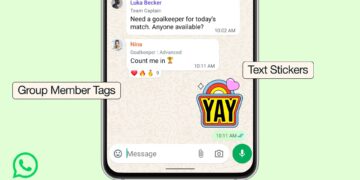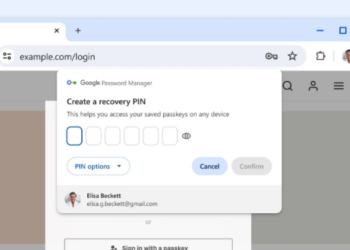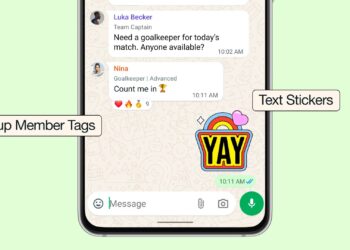Google is making strides to enhance privacy by introducing a feature that will notify users when their personal contact information, such as address, phone number, or email, is found online. This enables users to review and request the removal of that information from Google Search through the “results about you” dashboard on both mobile and web platforms.
Introduced last September, the dashboard will now automatically pull up websites containing matches of user-inputted personal information, allowing users to review each webpage and submit a request for removal. This is a significant improvement, as users were previously required to search for their personal information themselves and then manually request its removal.
For those worried about the future appearance of their information on Google, push notifications can be enabled to alert them about any new results. Users can also track their requests through Google’s hub, which details the status of in-progress, approved, denied, and undone requests.
However, it’s essential to recognize that removing information from Google doesn’t mean it has been entirely deleted from the internet. The information may still be accessible on the webpage itself. Google also has limitations regarding the type of search results it can remove and will not act on results from governments or educational institutions.
This update, aimed at speeding up finding and removing personal information from Google, is particularly vital for victims of doxxing. Currently, this feature is available only in the US in English, but Google plans to extend it to other countries and languages soon.
Google’s latest update is a welcome advancement in the ongoing struggle to protect individual privacy online. By automating the detection of personal contact information and enabling easy removal requests, Google is putting more power in the hands of users to control their digital footprint.
While this does not eliminate the issue entirely, as the information can still exist elsewhere on the web, it does represent a significant step toward a safer online environment. It’s a practical solution that many users will likely appreciate, especially those who have been victims of malicious activities like doxxing.
The success of this initiative could encourage other tech giants to adopt similar measures, leading to a broader cultural shift towards enhanced online privacy protection. Google’s decision is a clear indication that the industry recognizes the importance of privacy and is willing to invest in tools and features that prioritize user safety and control.




















































